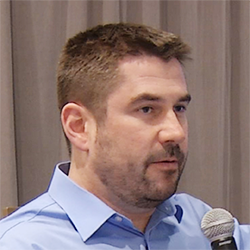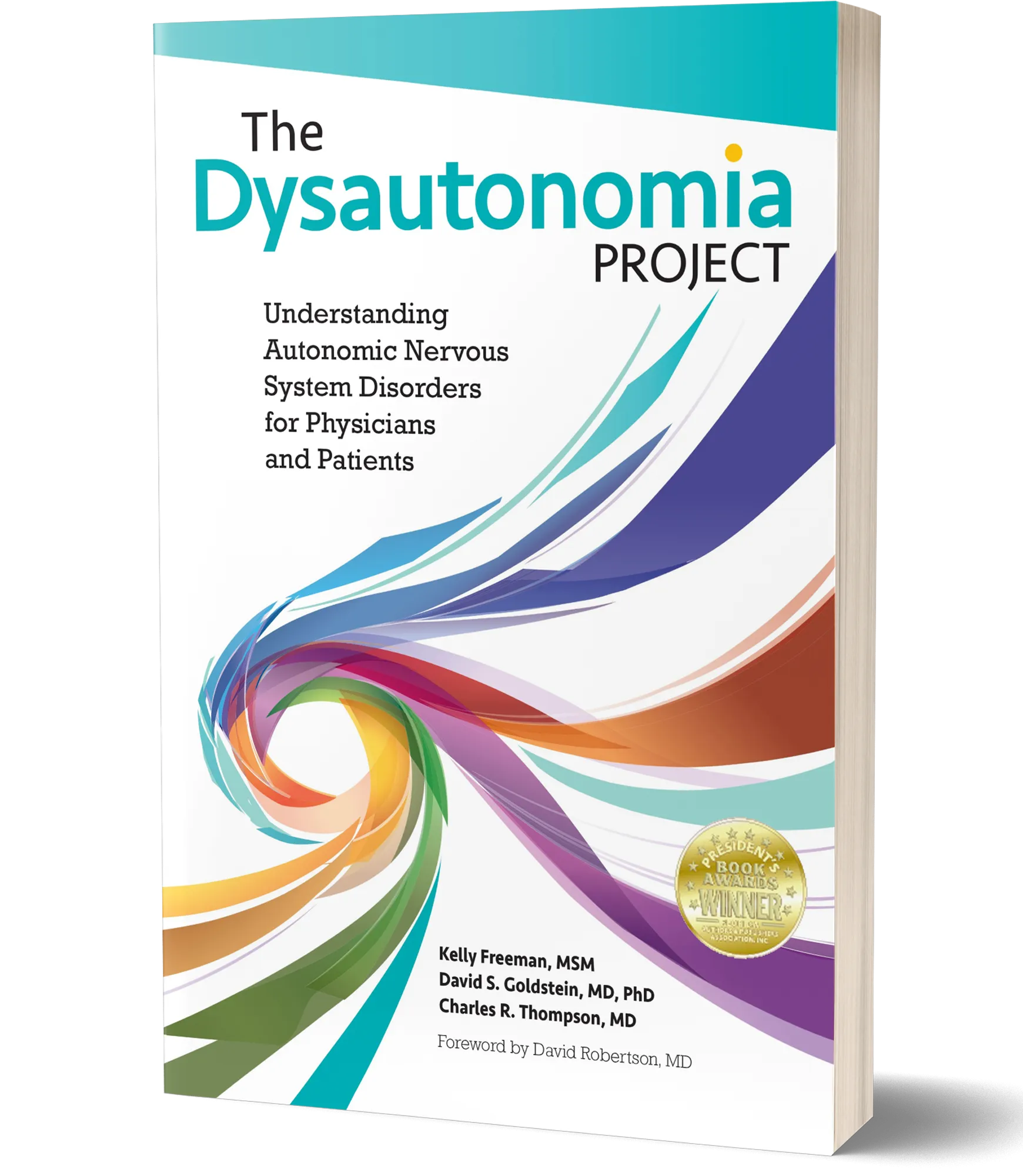Home » Dysautonomias » Why Are Dysautonomias Hard?
Why Are Dysautonomias Hard?
Transcript: Why Are Dysautonomias Hard?
The first question I want to address is, “Why are dysautonomias hard?” And there’re several reasons for this, and one is, as you’re probably all aware, dysautonomias are multidisciplinary and the patient could come to a cardiologist for orthostatic intolerance, but the cardiologist isn’t trained about the autonomic nervous system. The cardiologist is looking for heart rhythm and rate problems, heart failure, hypertension, something like that.
Or the patient could go to a neurologist, but the neurologist isn’t trained in autonomic medicine. The neurologist is looking for seizures, Parkinson’s disease, Chiari‑malformation, neuropathy, something like that. The same thing can be said for endocrinology, GI, psychiatry, etc., etc. All these disciplines don’t involve formal training in autonomic medicine, and they all involve interests in other aspects of the discipline. In endocrinology, looking at diabetes or thyroid problems and so forth. And this is part of the reason that dysautonomias are hard.
Dysautonomias are complex. This is a diagram of what happens when you just simply stand up. And there’s a zillion autonomic function tests, and some of them will be demonstrated here today. But it’s very difficult to figure out which tests are good for workups of which problems. And the area’s full of difficult pronunciations such as “dysautonomia” which I transliterate there as “diss-auto-NO-mia” and “catecholamines” which I’ll be talking about some. And there’re many, many abbreviations, and unless you already are an expert in the field, you’re not going to be able to understand the topic because of these abbreviations.
And dysautonomias are mind-body disorders. This is not a kind of a situation where there’s a psychiatric issue or a somatic issue. These are essentially mind-body disorders and that’s not the way that traditional medicine is set up. And there’s a gross discrepancy between the patient demand, which is, in the United States anyway, immense, compared to the supply of trained clinicians. So, this is I think why dysautonomias are hard and I’m hoping that by the end of this Introduction to Autonomic Medicine course at least some of these difficulties will have been met to some extent.
Related Articles and Videos:
What is the Autonomic Nervous System?
Visit our Education Center for Autonomic Disorders for additional video resources for patients and providers.

Wolfgang Singer, MD
Associate Professor of Neurology
Mayo Clinic Rochester, MN































